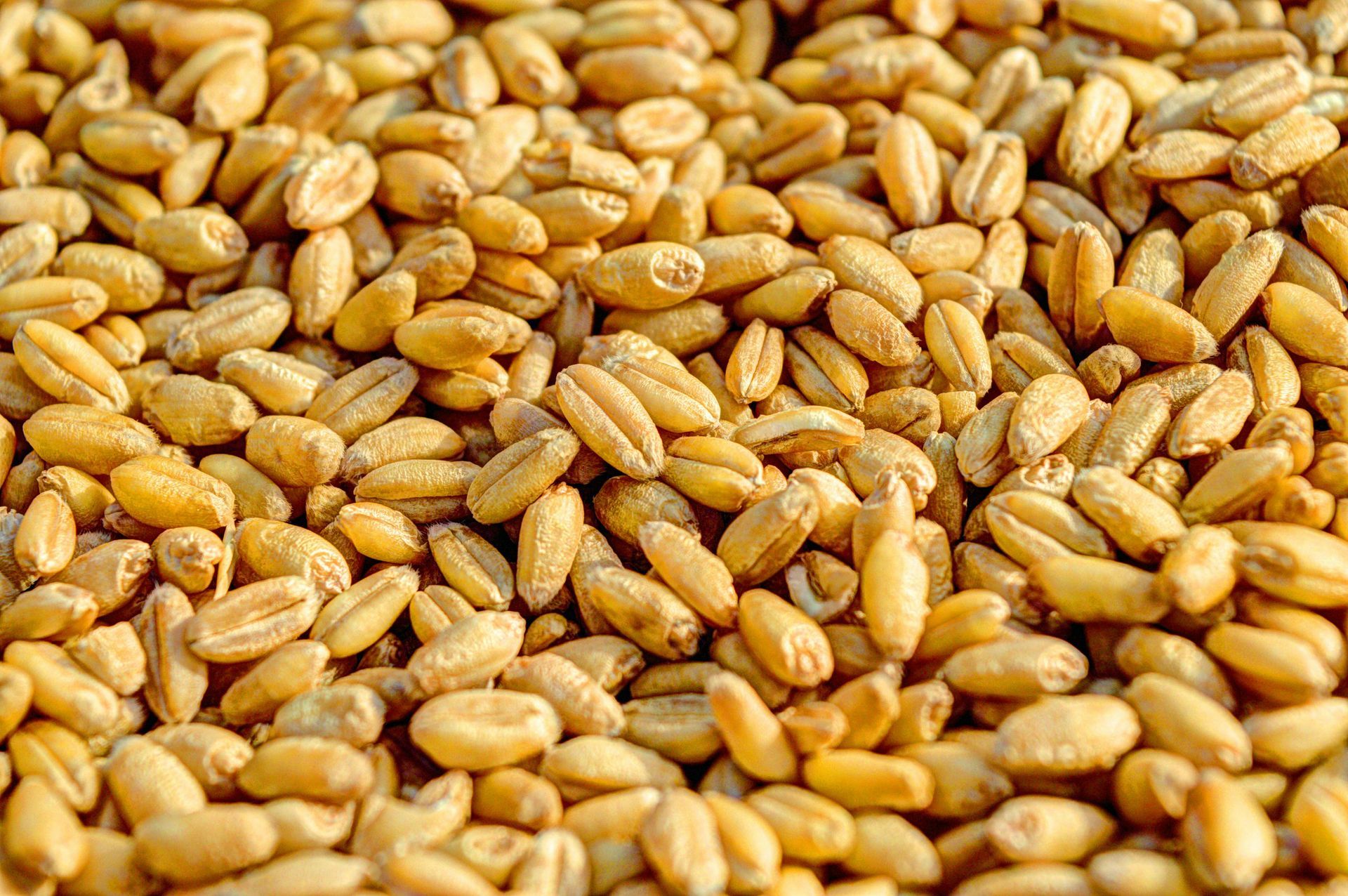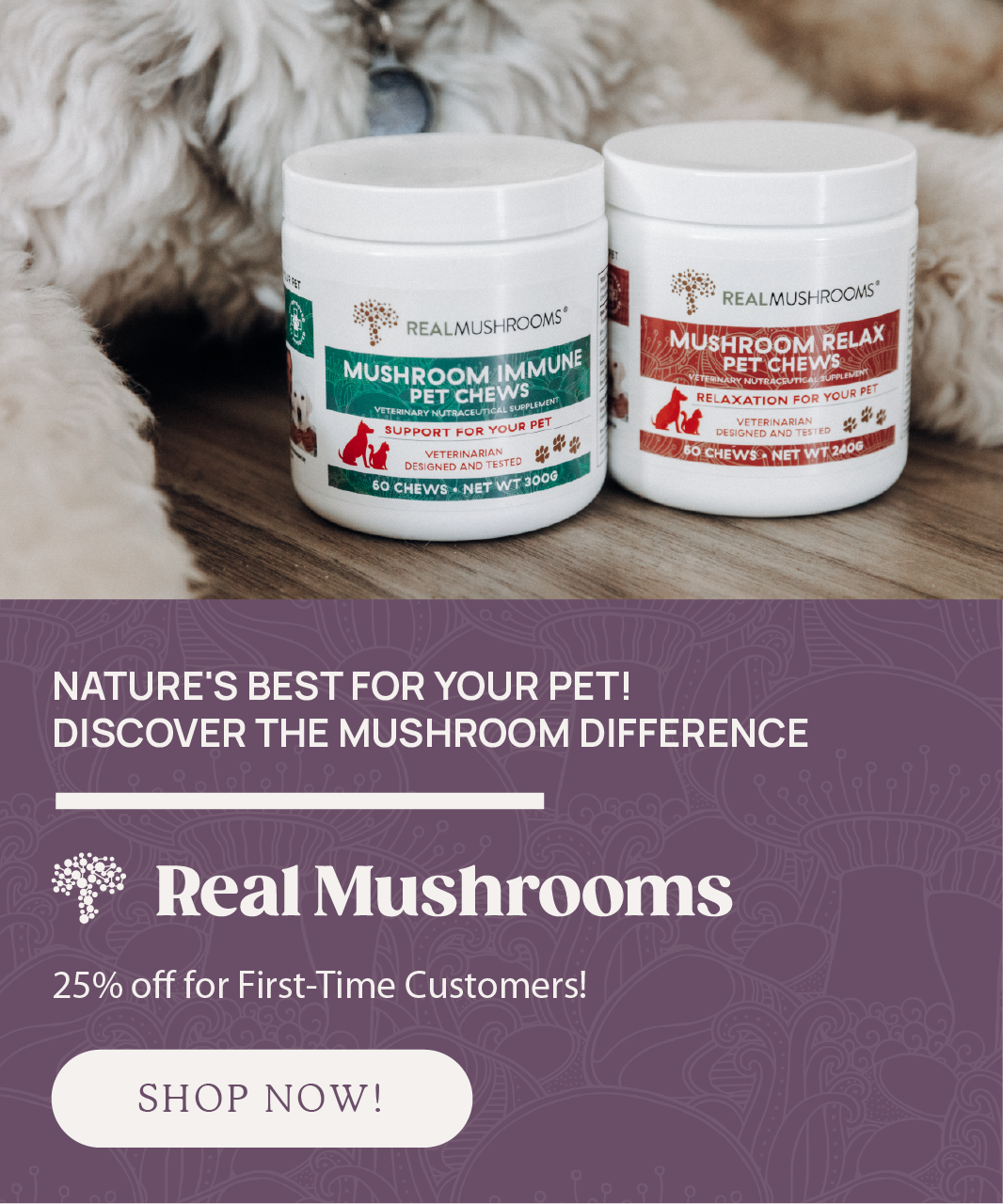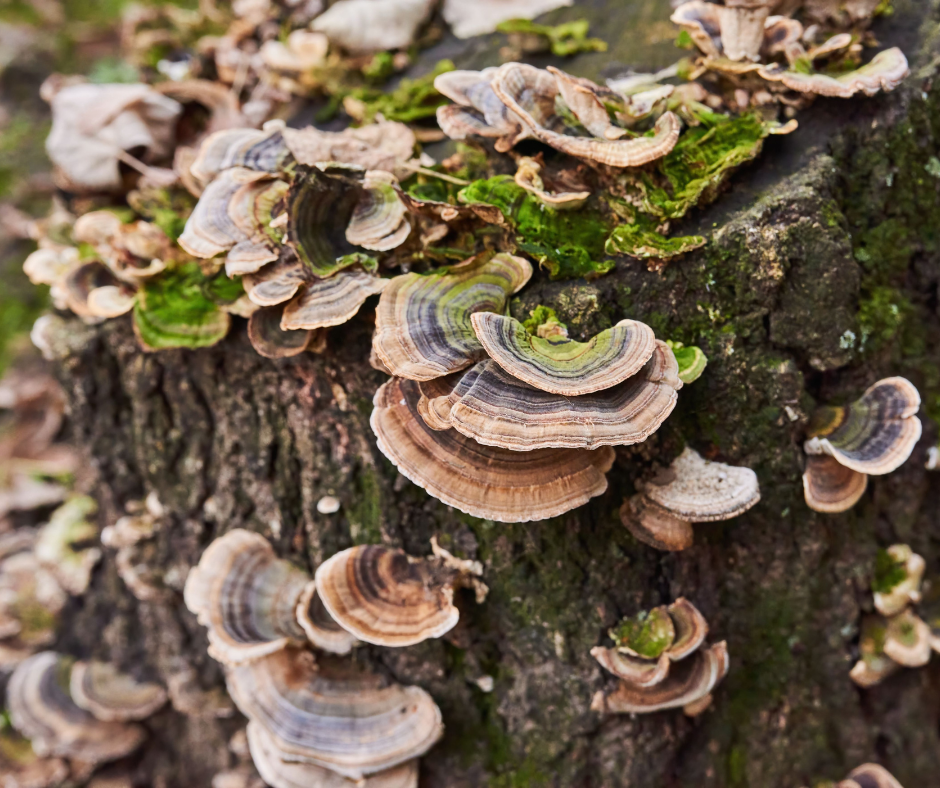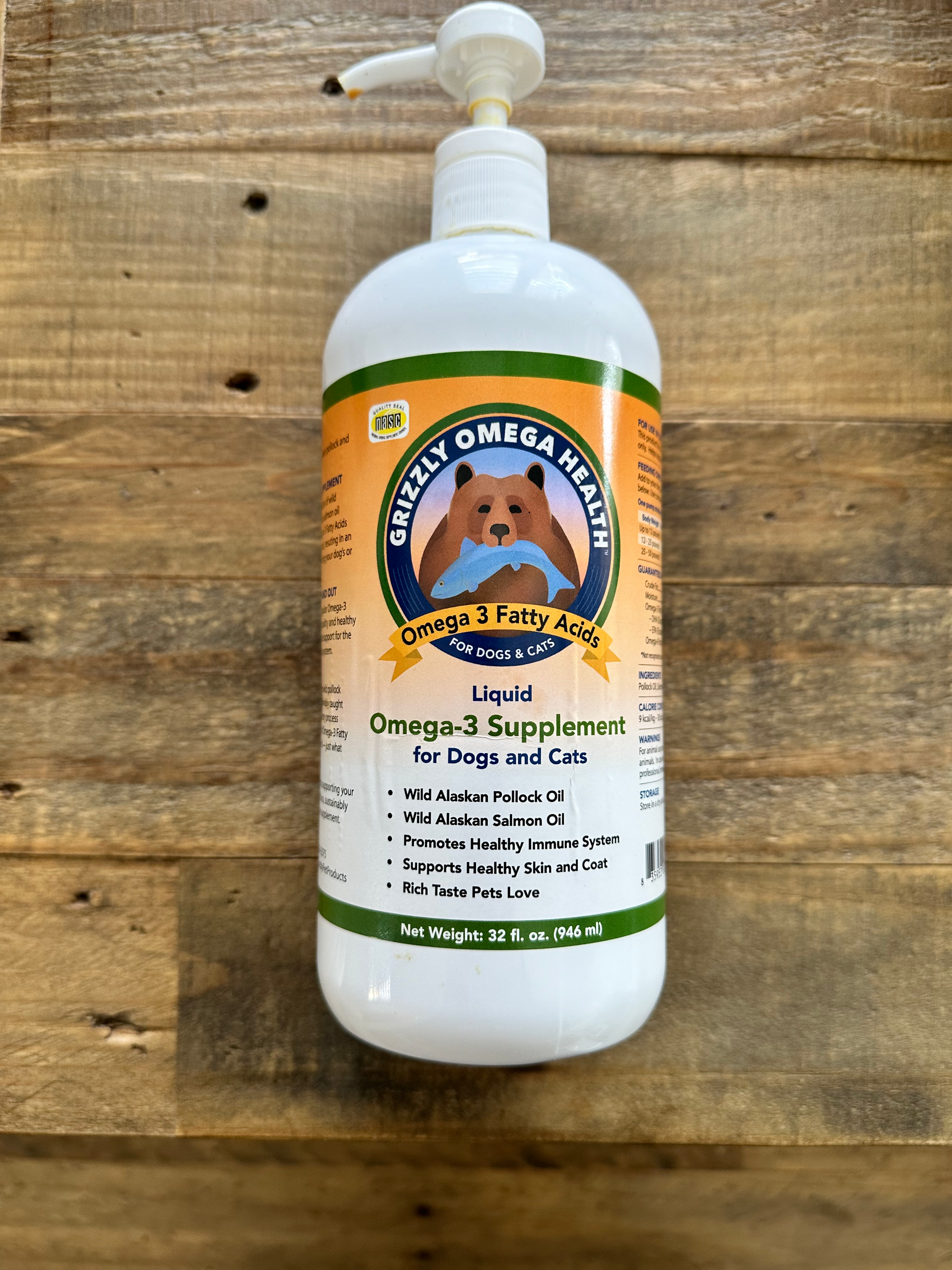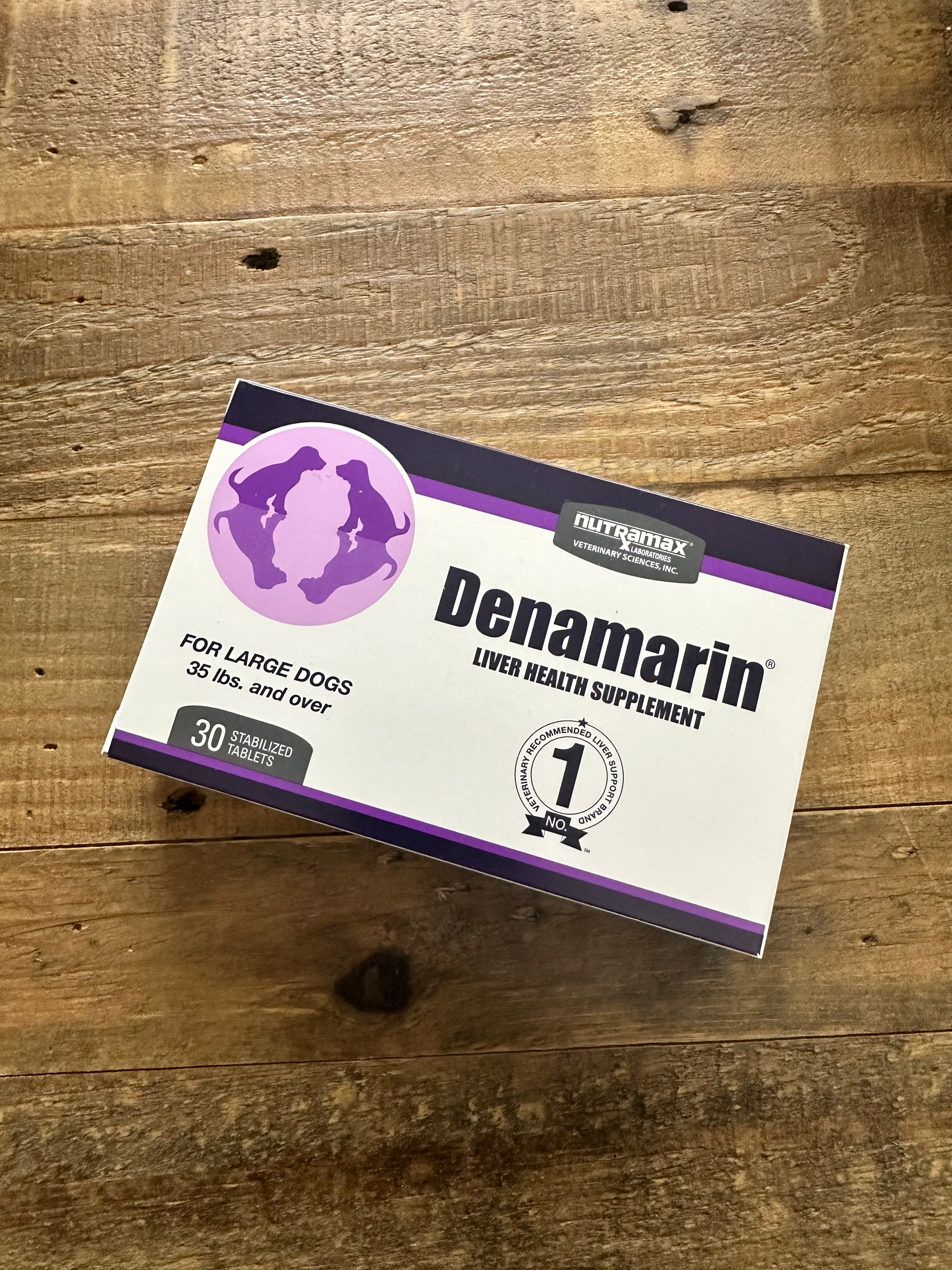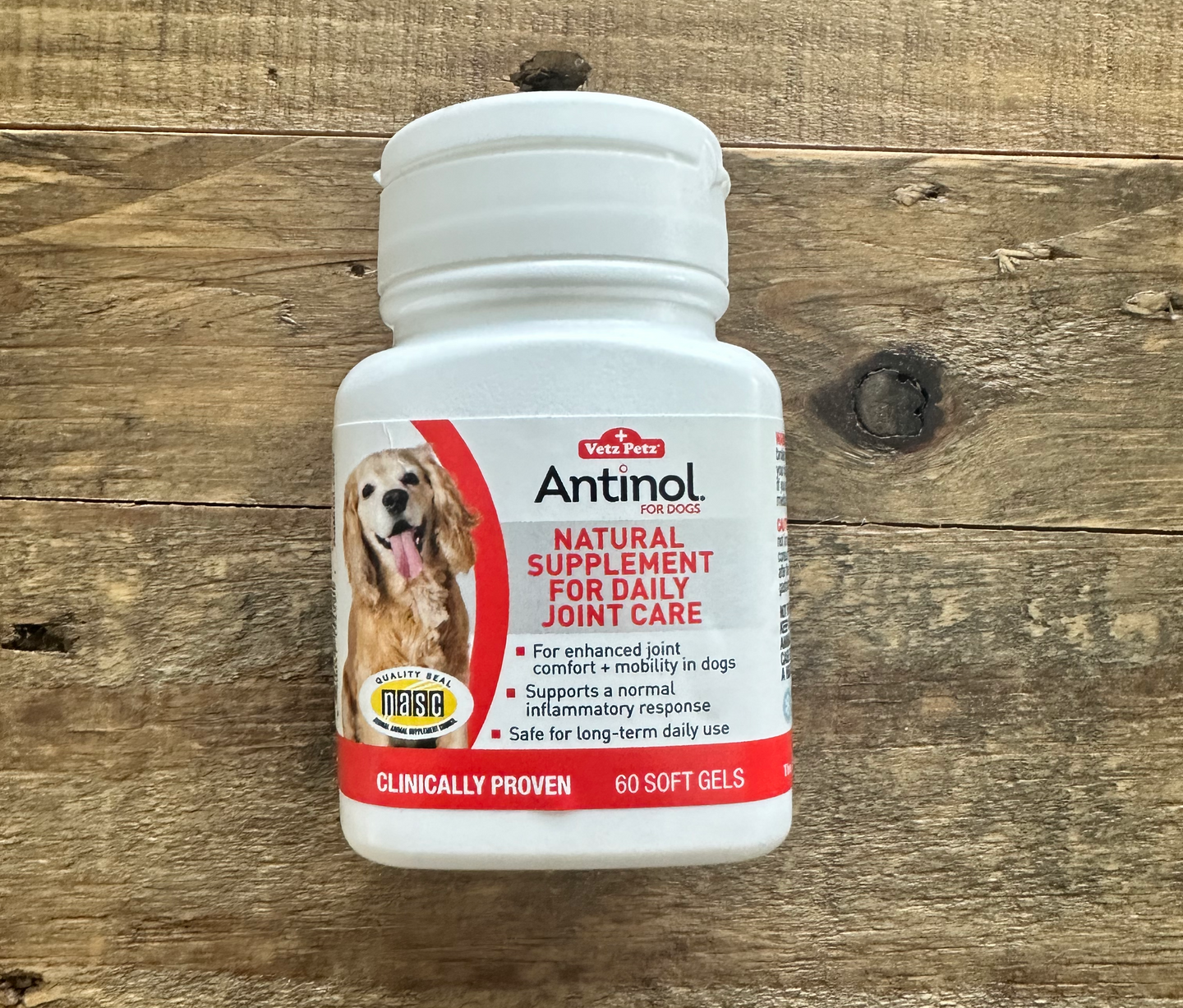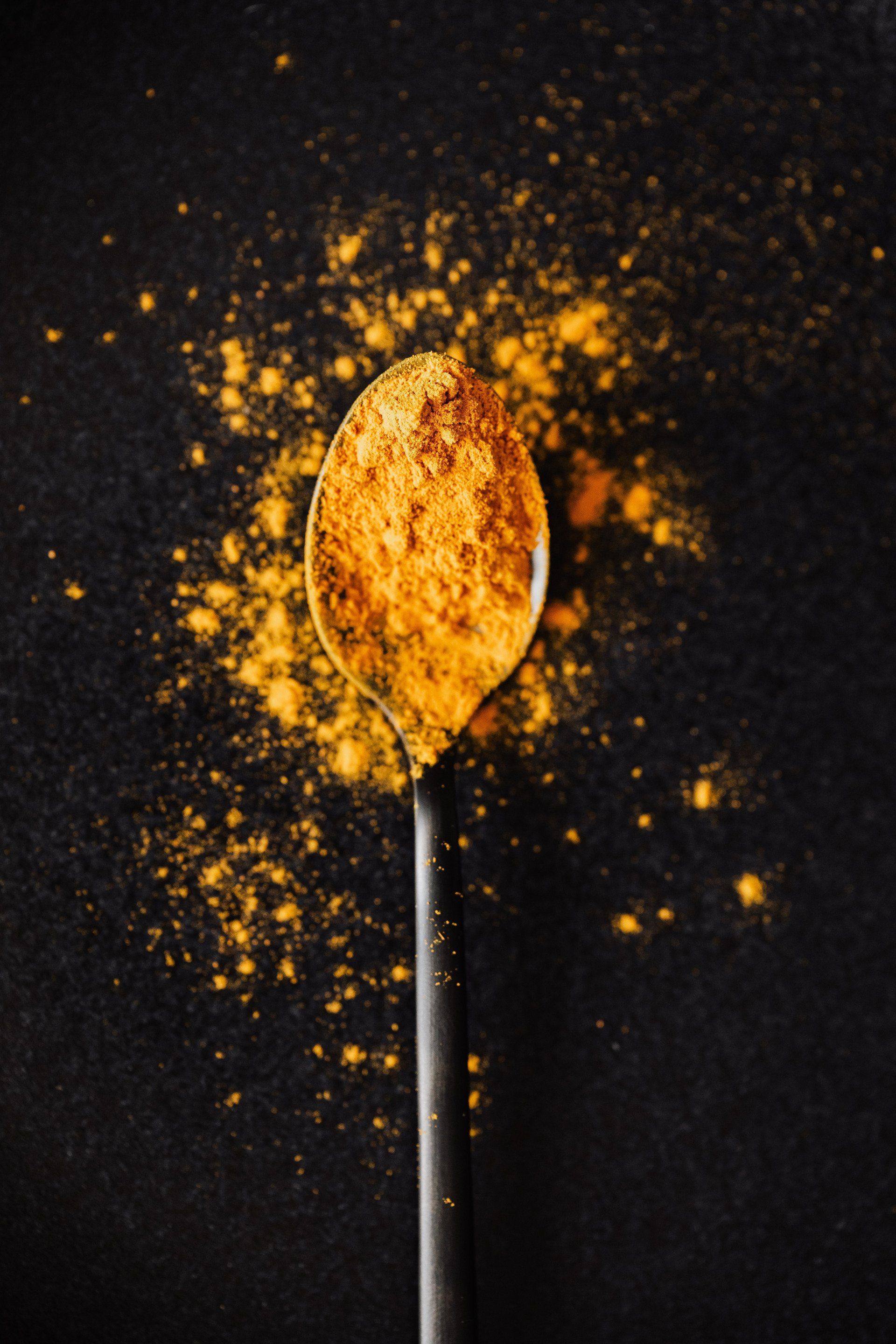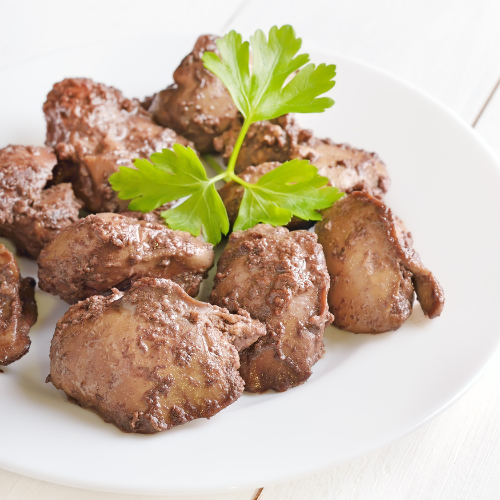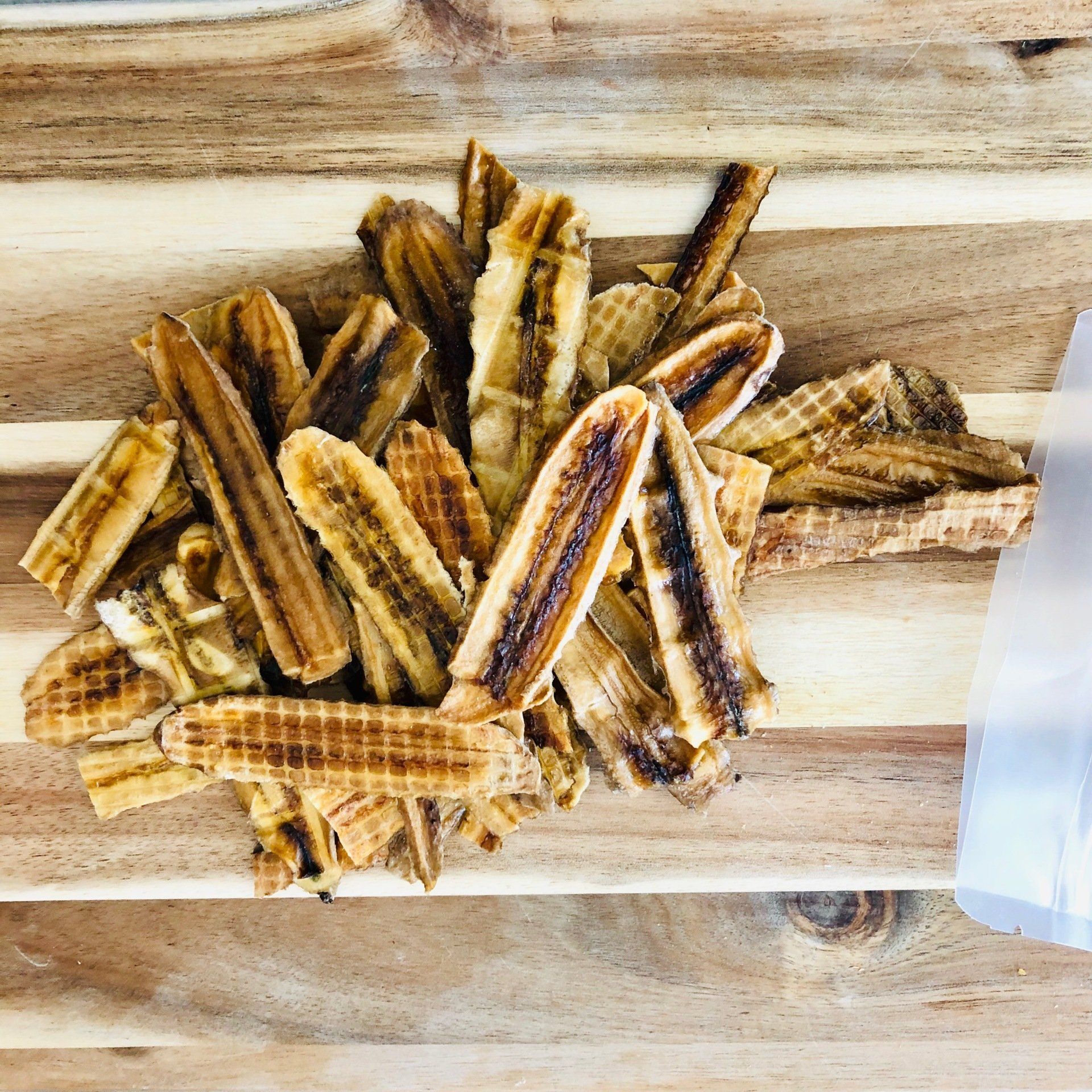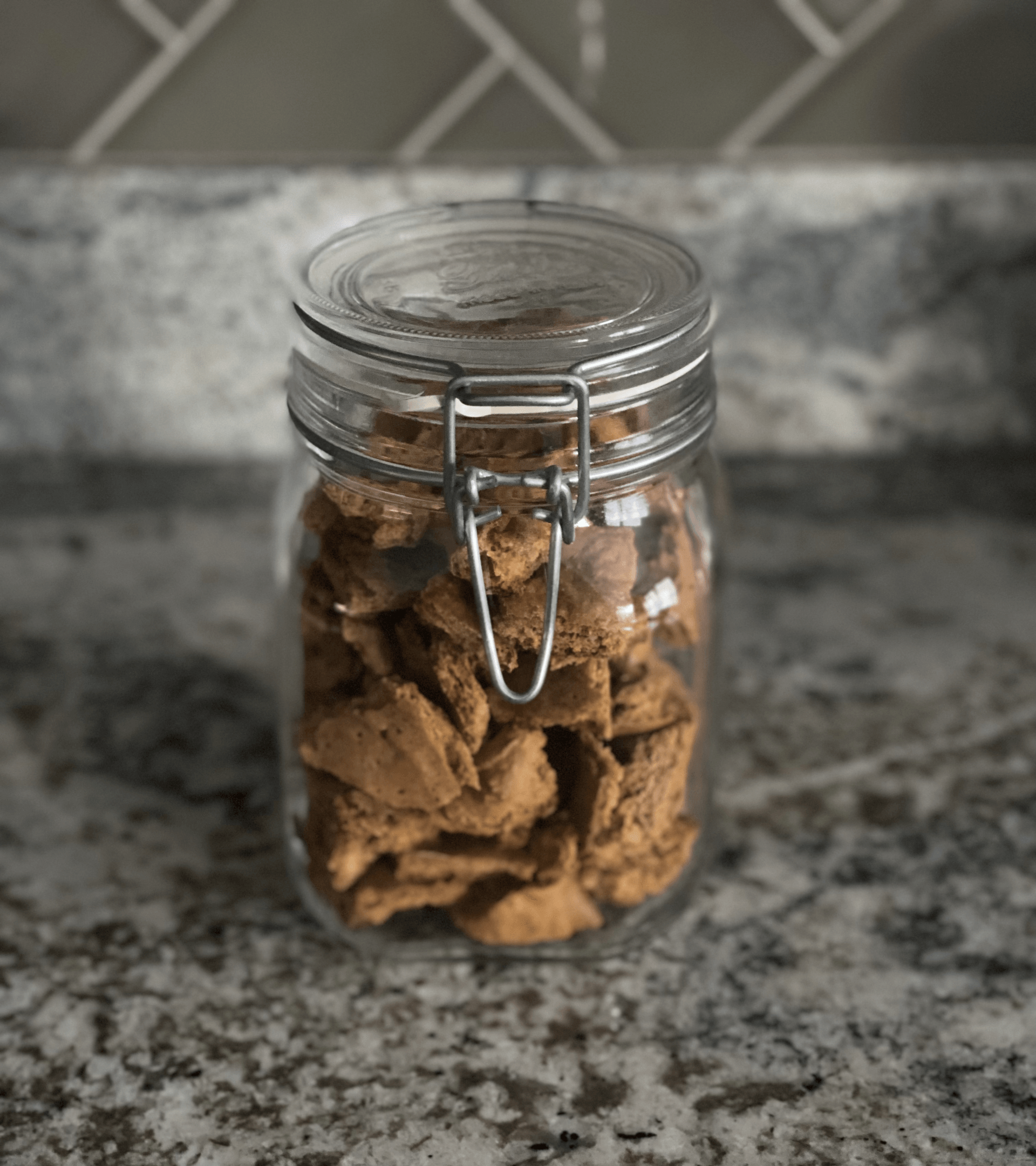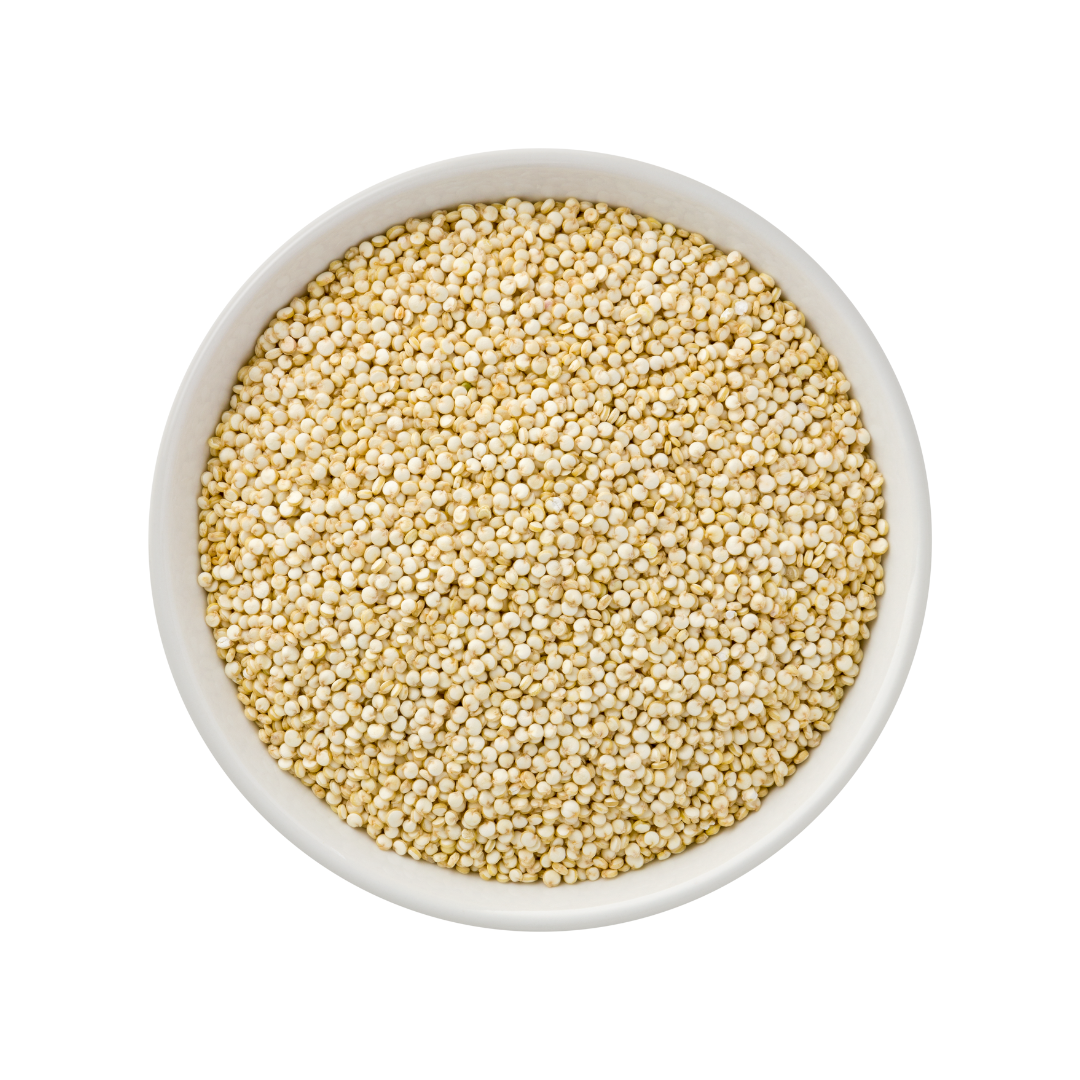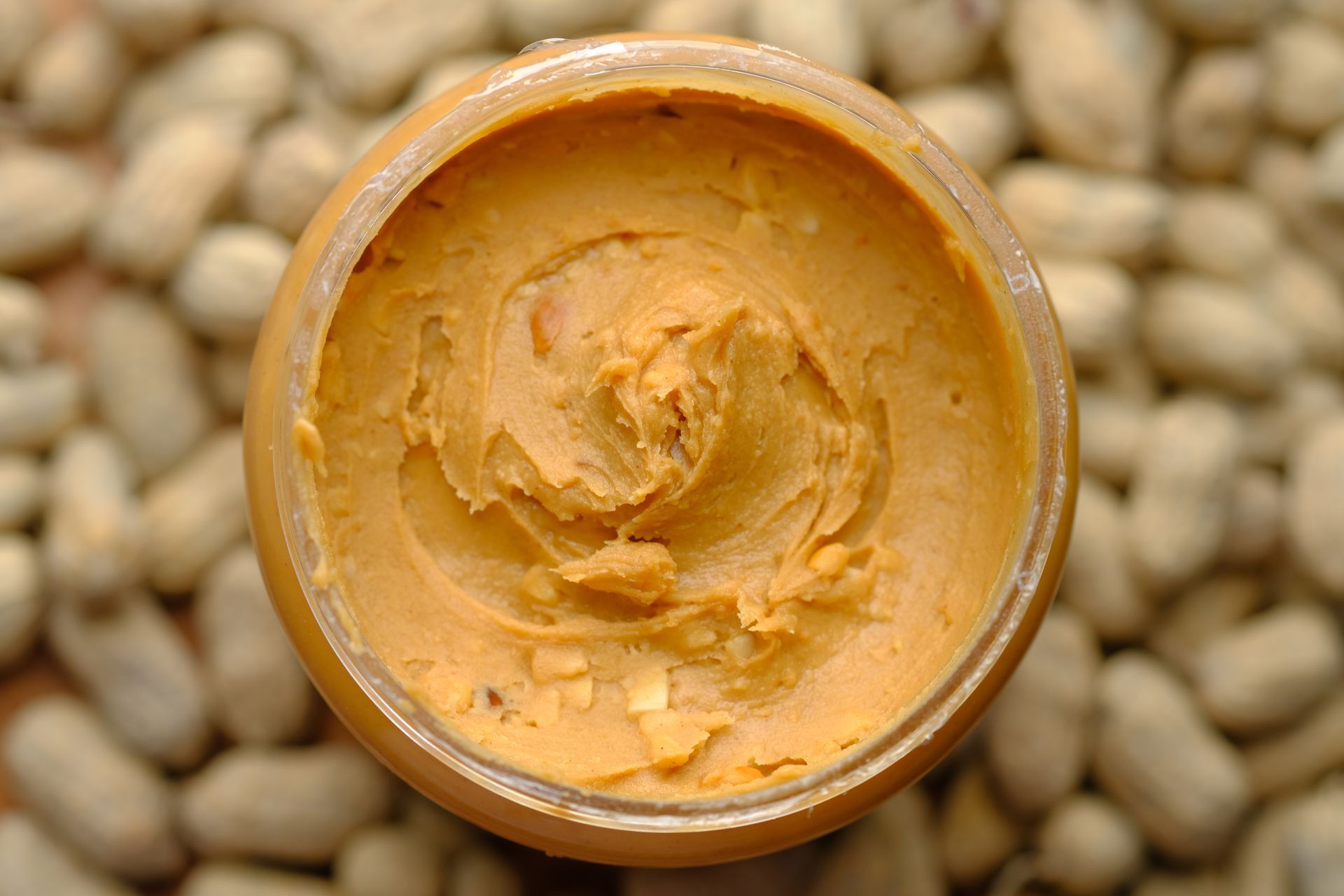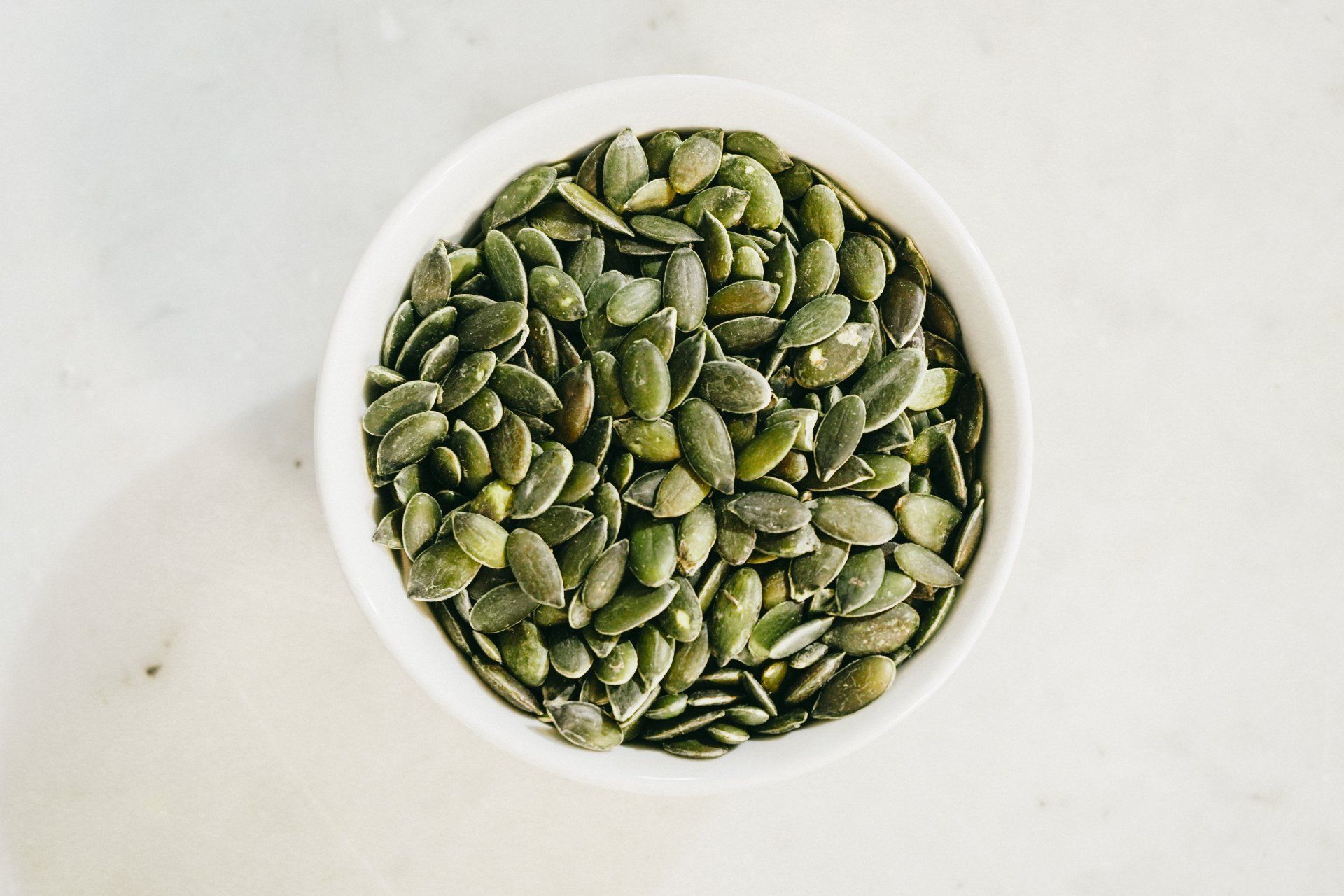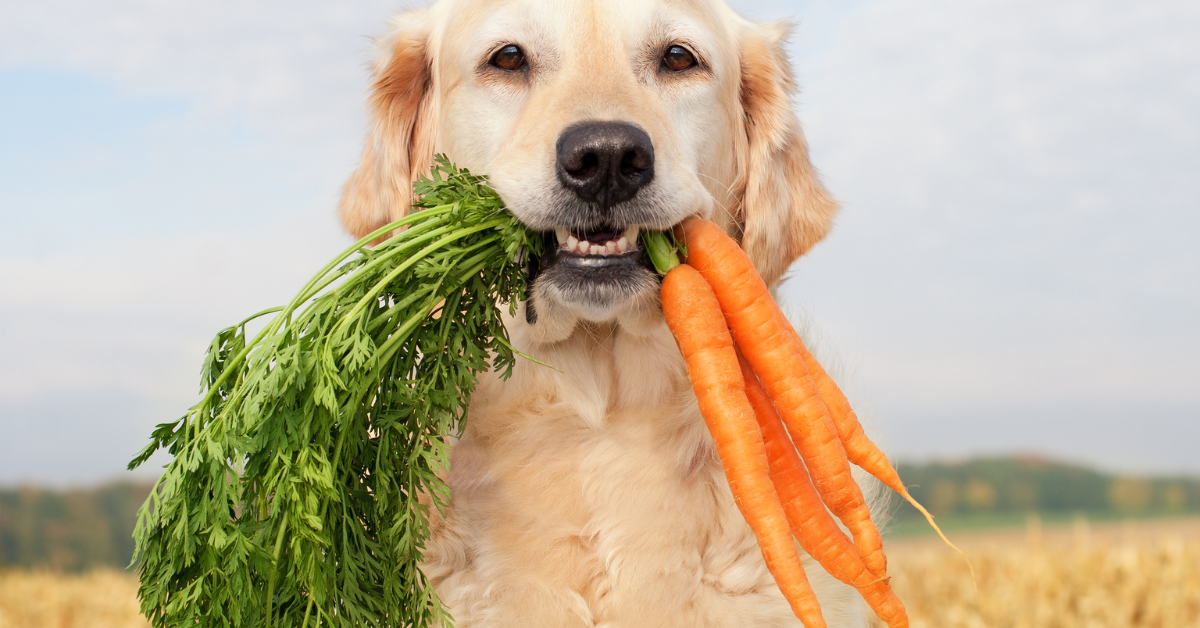The Rise of Mushroom Supplements for Canine Wellness
My beloved Labrador Retriever, a sprightly pup in his younger years, is now a distinguished gentleman at 14. Age has brought its challenges: kidney disease, arthritis, and a suspected cancerous tumor. Medications from our vet has helped him feel his best, but I've also incorporated natural supplements into his diet.
He still enjoys daily walks and socializing, and his age sparks curiosity. People often ask, "Wow, what do you feed him?" While I used to simply say "homemade food," his slower walks now lead to longer discussions.
Recently, I've been mentioning his mushroom supplements. The initial confusion is understandable; mushroom supplements for dogs are a new trend. Some people even start to ask deeper questions, often detailing their pet's ailments.
Here's the key: There are many mushroom varieties, each believed to offer specific benefits. But, not all supplements are created equal, either. When I began researching mushrooms, I wasn't familiar with "fruiting bodies" or "beta-glucans," crucial factors in choosing a high-quality product.
The market for mushroom supplements is booming – a quick Amazon search confirms this. However, many are filled with fillers, unidentified ingredients, or low-quality mushroom parts lacking the key beneficial components. Wasting money on such supplements is a real possibility, with potentially negligible results for your dog.
The truth is, mushroom supplements vary greatly. Some are packed with fillers and questionable ingredients. Without understanding the different types and their targeted benefits, I could have easily spent money on something ineffective for my dog.
Before you consider mushroom supplements for your dog, let's explore what you need to know!
A Look at Popular Mushroom Supplements for Dogs
There are a Many different types of mushroom extracts are available for dogs, each with its purported benefits:
Reishi: The "Mushroom of Immortality"
Earning its nickname for its supposed ability to promote overall well-being and longevity in Traditional Chinese Medicine, Reishi offers several potential benefits for dogs. It may support healthy liver and kidney function, crucial for detoxification and waste removal. Additionally, Reishi might modulate the immune system, potentially aiding dogs with allergies or imbalances. Some even believe it has calming properties, which could be helpful for anxious or stressed pups.
Lion's Mane: Supporting Cognitive Function in Senior Dogs
Lion's mane, with its cascading appearance, has gained traction for its potential to support cognitive function in senior dogs experiencing age-related decline. It contains hericenones, compounds that may promote the growth and repair of nerve cells, potentially benefiting cognitive function and overall nervous system health. While more research is needed, some studies suggest Lion's mane might improve memory and learning in dogs.
Maitake: The "Dancing Mushroom" for Immune Support
Nicknamed the "Dancing Mushroom" for its unique fan-like cap, Maitake is another popular choice for its purported immune-supporting properties. It may help regulate the immune system, potentially benefiting dogs with compromised immunity or allergies. Additionally, some studies suggest Maitake possesses anti-inflammatory properties, which could be helpful for dogs with chronic inflammatory conditions.
Turkey Tail: A Fungal Ally for Allergies and Immune Support
The distinctive turkey tail mushroom has been studied for its potential immune-boosting and allergy-mitigating effects. Turkey tail is believed to stimulate the immune system, potentially aiding in fighting off infections and promoting overall health. While research is ongoing, some studies suggest it may help alleviate symptoms in dogs with allergies.
Cordyceps: The "Energy Mushroom" for Enhanced Stamina
Cordyceps, a fascinating parasitic fungus, has traditionally been used to enhance stamina and energy. It's believed to improve oxygen utilization in cells, which could translate to increased stamina and exercise performance in dogs. Additionally, some studies suggest Cordyceps may benefit respiratory health, potentially aiding dogs with conditions like bronchitis.
Shiitake: A Savory Powerhouse for Overall Well-being
Shiitake mushrooms, a popular culinary ingredient, are also valued for their potential health benefits. They are a good source of vitamins, minerals, and dietary fiber, all of which contribute to a dog's overall health. While the specific benefits for dogs need further research, Shiitake mushrooms are generally considered a well-rounded supplement that might promote overall well-being.
Key Components of Mushrooms
- Beta-Glucans: Beta-glucans are complex sugars found in the cell walls of mushrooms. These starches act like cheerleaders for the immune system. When ingested, they interact with immune cells called macrophages and natural killer cells, stimulating them to become more active. This increased activity can help the immune system identify and fight off invaders like bacteria, viruses, and even cancer cells.
- Antioxidants: Mushrooms are often packed with antioxidants. These powerful molecules combat free radicals, unstable molecules produced by the body's natural processes and environmental toxins. Free radicals can damage cells and contribute to various health problems, including inflammation and chronic diseases. By neutralizing free radicals, antioxidants in medicinal mushrooms may help reduce oxidative stress and potentially promote overall health.
- Mycochemicals: Beyond beta-glucans and antioxidants, mushrooms contain a diverse range of unique compounds known as mycochemicals. Mycochemicals are a diverse group of unique molecules that play various roles, from building the fungi's structure to potentially offering health benefits like antioxidant and anti-inflammatory properties.
Fruiting Bodies vs. Mycelium: Why the Source Matters
Remember that initial confusion about beta-glucans and fruiting bodies? This is where it all comes together.
Here's the key takeaway: mushrooms supplements made with fruiting bodies are generally considered superior to those containing mycelium.
Why? Fruiting bodies, the visible cap and stem of the mushroom, are like the "fruit" of the fungal world. They're specifically designed for reproduction and tend to have a higher concentration of the beneficial compounds we're looking for, like those coveted beta-glucans. Think of it this way: an apple tree focuses its energy on producing the nutritious fruit, not the hidden network of roots (mycelium) beneath the ground.
This is why many high-quality brands proudly advertise the use of fruiting bodies in their mushroom supplements. It's a mark of distinction, separating them from brands that might rely on mycelium or even fillers. So, when shopping for a mushroom supplement for your dog, be sure to check the label. Look for brands that explicitly state "100% fruiting bodies" and avoid those with unnecessary fillers. These fillers are simply a way to bulk up the product without adding any real value, and ultimately, you're just paying more for less.
Remember, a conversation with your veterinarian is always recommended before introducing any new supplement to your dog's diet. They can help you navigate the options, determine the appropriate dosage, and ensure the supplement aligns with your dog's specific needs and overall health plan.
Have you heard about Real Mushrooms? Be sure to check out their website here.




